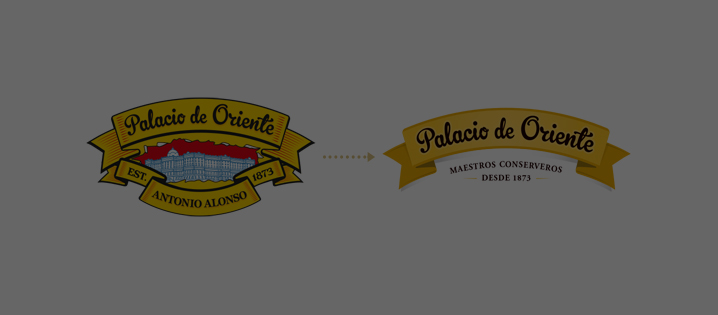Our history
FROM 1873
Palacio de Oriente’s history has always been connected to the people who, with their hard work and enthusiasm, shaped the dream of its founder.
XVIII
The cannery business is born

Towards the end of the eighteenth century, Napoleon offered a reward to anyone who could provide him with a method for keeping food in good condition over long periods of time. It was Nicolás Appert who discovered that food could be preserved for a number of years by heating it in hermetically sealed containers. Thanks to this he was awarded the Benefactor of Humanity prize. Appertization marked the birth of industrial canning technology.
Preserves reached Spain in 1840 when a French sailboat was shipwrecked off Finisterre. Preserves were made in glass containers until the Englishman Peter Durand, began using tin cans, which gave the preserve greater resistance and protected it from the effects of light, thereby preventing the deterioration of the vitamin content.
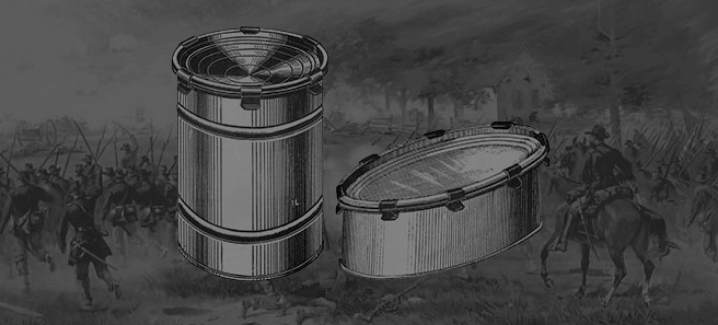

1844
D. Juan Antonio Alonso Santodomingo





D. Antonio Alonso Santodomingo, a pioneer in the Galician canning industry, was born in Bayona in 1844. Before turning 18 he emigrated to Havana, Cuba, where he remained for almost twenty years working in the textile trade. It was there that he met his future wife, Eloisa Gimenez-Cuenca, with whom he would go on to have six children: Pedro, Guillermina, Rodrigo, Antonio, Mauro and Salvador.
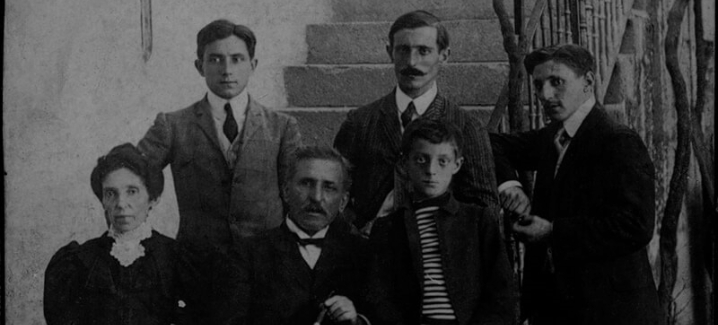

1873
The beginning of “Conservas Antonio Alonso”





After returning to his birthplace, Antonio Alonso sets up his own company. In 1873 the well known Conservas Antonio Alonso was born, giving a strong boost to the local canning industry that existed at that time.
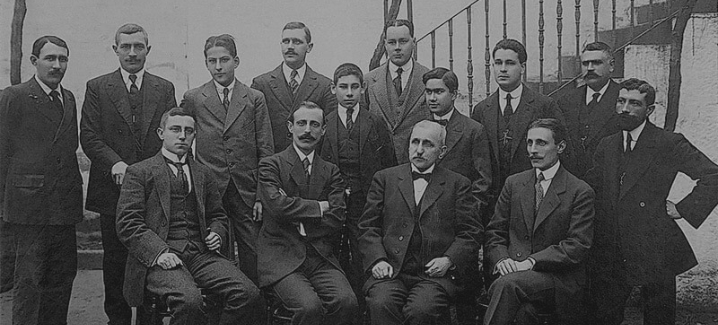

1886
The factory in Vigo





In 1886 the founder built a warehouse that would later house his Factory in Vigo, with sardines in oil being his main product. It was situated at what was then called Campo da Barxa, and is now known as Arenal.
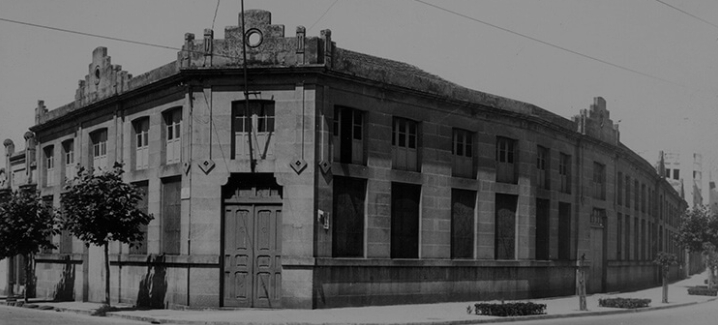

1892
Fishing for bream





Antonio Alonso acquired two steam powered fishing boats, the San Antonio and the Santo Domingo, which were dedicated to fishing red sea bream, with the aim of transporting the fish by rail, for sale in Madrid. The surplus would be marinated and tinned at a plant in Guixar that was shared with numerous other local shipowners.
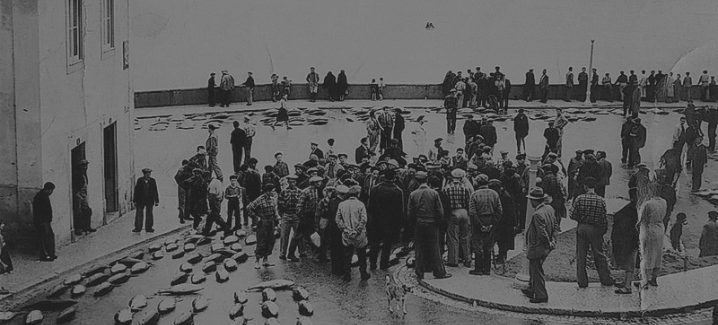

1918
S.C. Antonio Alonso Hijos





Following the founder’s death in 1917, the General Partnership Antonio Alonso Hijos was founded by his sons, Rodrigo, Antonio, Salvador and Mauro in 1918. During the first World War, the Alonsos became one of the leading suppliers of tinned goods to the various armies, for this purpose, they established a branch in Bordeaux, which was later transferred to Nice. Thanks to the profits raised, the factory at the Arenal in Vigo doubled in size and boasted the most modern machinery available.
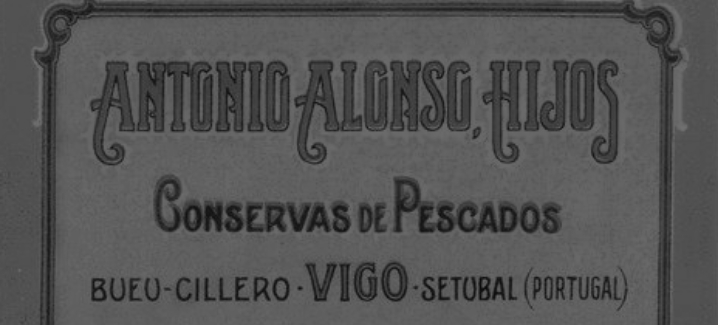

1922
Palais d’Orient





Conservas Antonio Alonso had been set up as an export company, targeting the markets where preserves were most widely known at the time: France and Belgium. That is why their first brand, Palais d’Orient, was so well received at the Brussels International Fair in 1922. Also, in that same year, the Alonsos bought the salting factory in Pescadoira (Bueu).
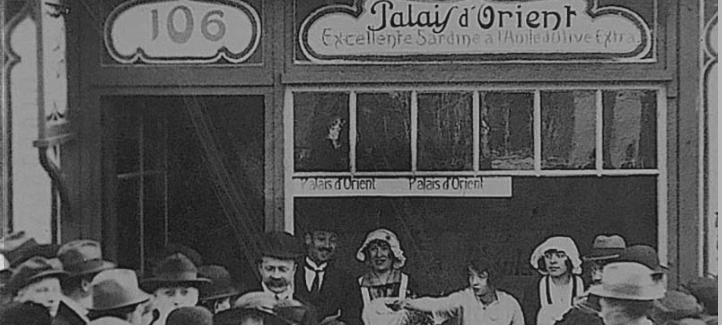

1924
The Setúbal factory





In 1924 the Setubal factory went into operation (it was the main canning port in Portugal) in response to the sardine crisis that the Rías Baixas were facing. The following year, 1925, the Celeiro plant opened to improve access to Cantabrian tuna and anchovies.
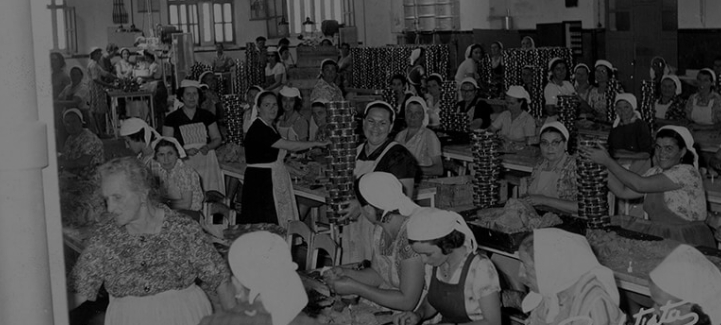

1927
Visit of His Majesty the King Alfonso XIII





In September 1927, his majesty King Alfonso XIII visited the big factory in Vigo.
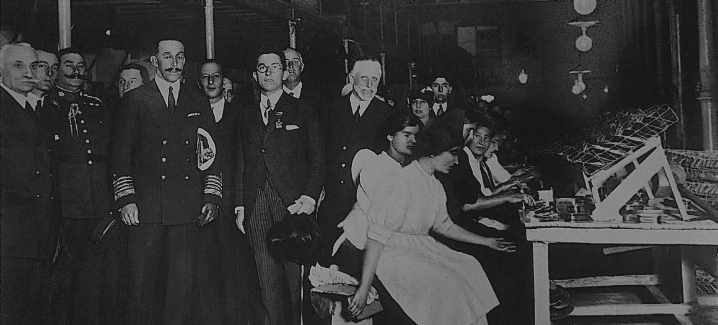

1940
The company is divided





The company was divided into two new firms. On one side was Mauro, who continued as a sole trader and on the other were Rodrigo, Antonio and Salvador, who established a new company called Conservas Antonio Alonso.
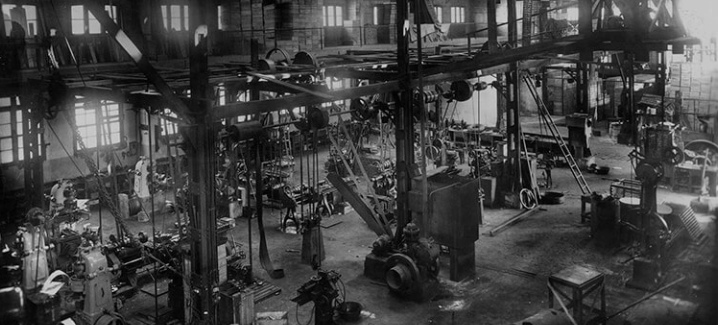

1967
Family heritage





Antonio was the one who remained most closely linked to the canning industry, thus it was his son, Guillermo Alonso Menéndez who took charge of the main factory they had at that time, in Setubal. In 1967, Conservas Antonio Alonso became a limited liability company and his grandson Guillermo Alonso Jaudenes became Managing Director of the company after securing a broad consensus among all the partners in the family firm.
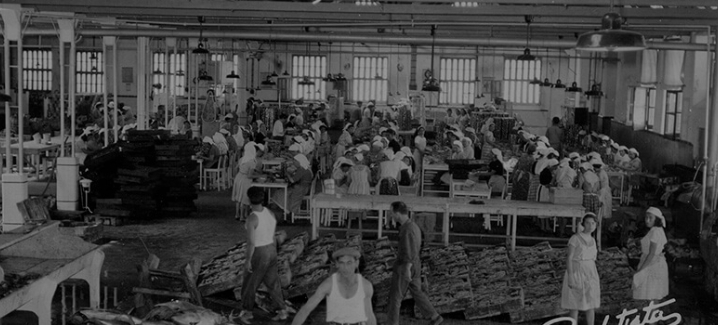

1971
The Guixar facility closes





The Guixar plant, which had been in operation for almost 30 years, was closed. Celeiro started to specialize in tuna products, with Bueu taking control of the rest of the production, whilst management and central offices were established in Vigo.
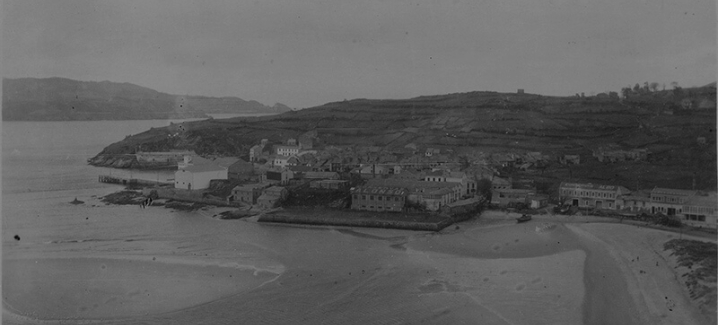

1989
A new chapter





The headquarters in Vigo were situated on calle Zamora, they were later relocated to Ctra Vigo-Bayona 127, where the main warehouse was also placed. From that moment on, a new era of advancement and modernisation began, including the acquisition of ISO quality certifications, the development of advanced computer systems which were subsequently passed over to SAP, the entering of new international markets, the development of new products and so on.


2012
Refurbishment of the entire facility





The factory in Bueu suffered a fire in 2011 that completely destroyed the entire building. As a result of this, Conservas Antonio Alonso completely renovated the plant, equipping it with the latest production process technology and incorporating the most innovative automation in the industry.
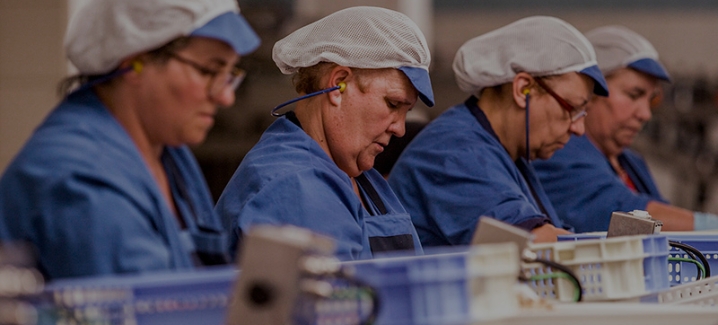

2012
MSC Certification





Palacio de Oriente has the blue MSC label (Marine Stewardship Council) for its range of albacore and organic Cantabrian-sea anchovies. This certification attests the sustainable provenance of the natural resources used to manufacture our canned goods.
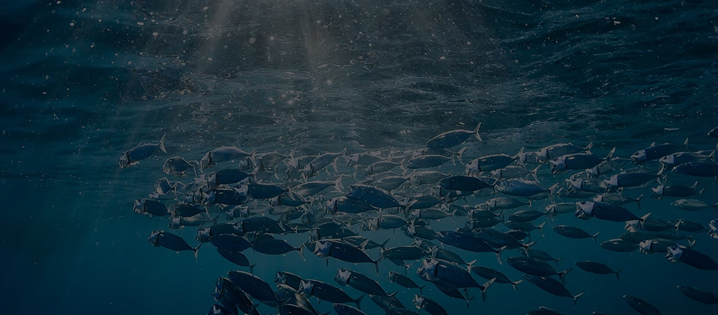

2013
Opening of the new facility in Bueu





After several months of construction work, we opened our new facility at the industrial park of Castiñeiras (in Bueu). From there our plan was to centralize all of Conservas Antonio Alonso S.A.’s activity, both in production and organization.
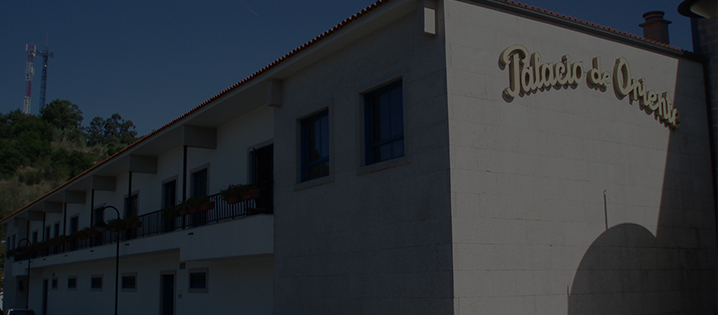

2016
Transfer of activity from Celeiro to the facility in Bueu





The processing and packaging of tuna species (albacore and yellowfin tuna) moves from the factory in Celeiro to the facilities in Bueu, equipped with the latest technology in the Galician cannery sector.
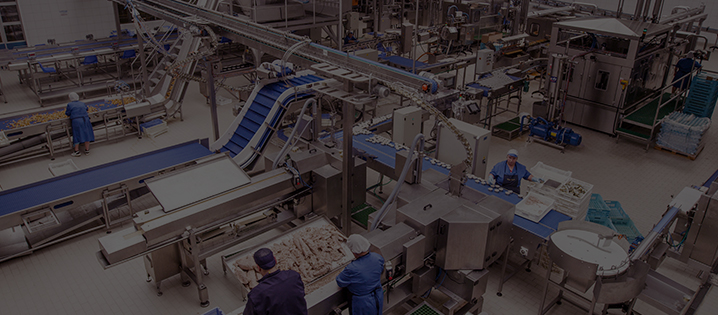

2018
CRAE Certification





The Consejo Regulador de la Agricultura Ecológica (a regulating council for ecological agriculture) awarded certifications to Palacio de Oriente for the MSC albacore in organic virgin-extra olive oil and for our eco-friendly mussels in organic pickled sauce, which carry the CRAEGA stamp as well. We also count with this certification for our MSC anchovies in organic virgin-extra olive oil, which also have the support of the Cantabrian CRAE. This way, we can attest to the ecologically responsible provenance of the ingredients used to produce these canned goods.
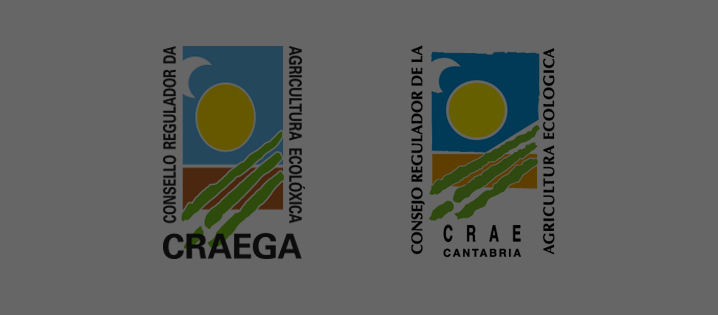

2018
Affiliation to the DOP Mejillón de Galicia





Since 2018, every mussel processed within the Palacio de Oriente facility has belonged to the DOP Mejillón de Galicia. This guarantees the provenance of the mollusks, always from floating nursery structures, called bateas, located in the Galician loughs. It also certifies that the DOP’s demanding quality standards are met.
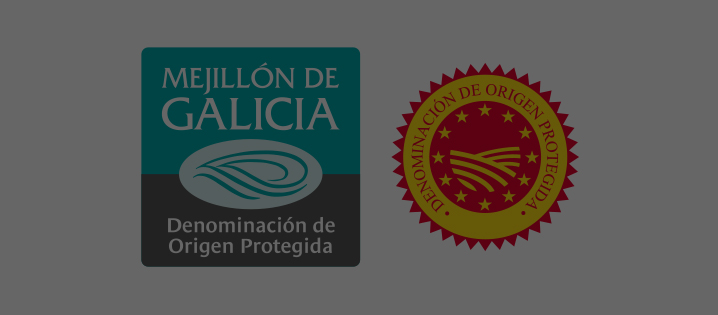

2019
Launch of the Sabores del Mundo range – Flavors of the World





To show our international drive, Palacio de Oriente innovates within the market of canned mussels with the launch of the Sabores del Mundo range (Flavors of the World). This line combines the exquisite flavor of mussels from the DOP Galicia with traditional sauces from different regions and countries: Cuban mojo, ceviche, soy sauce, Mexican sauce, curry, Provençal, Neapolitan, Egyptian and the traditional Galician recipe.


2021
Implementation of the Strategic Plan for 2021-2024





Conservas Antonio Alonso S.A. embarked on an ambitious challenge with the launch of the strategic plan for 2021-2024. This plan outlines the guidelines for the national and international expansion during that period, including the celebration, in 2023, of the 150th anniversary of the cannery’s founding.


2021
Renewal of Palacio de Oriente’s brand image





One of the actions detailed in the strategic plan for 2021-2024 focus on the renewal of Palacio de Oriente’s brand image. The company will operate under a new logo and redirect its communication channels in order to adapt to the digital environment and the needs of consumers in the 21st century.
